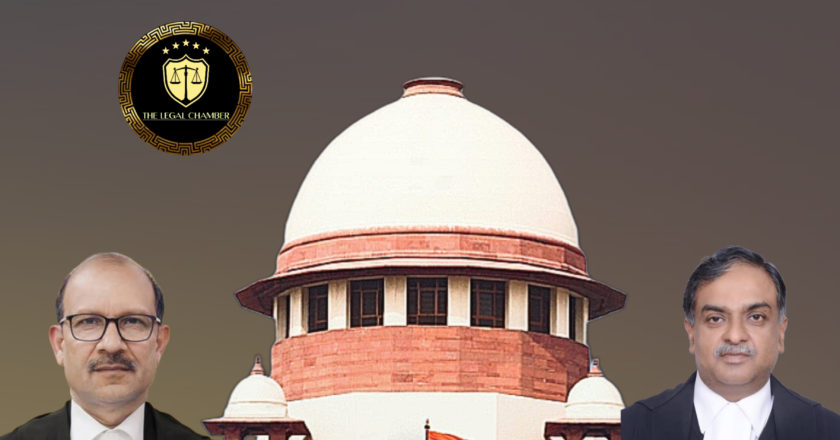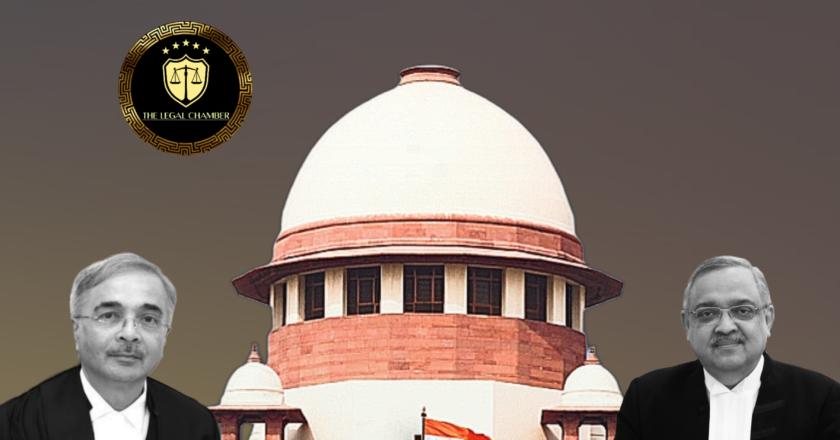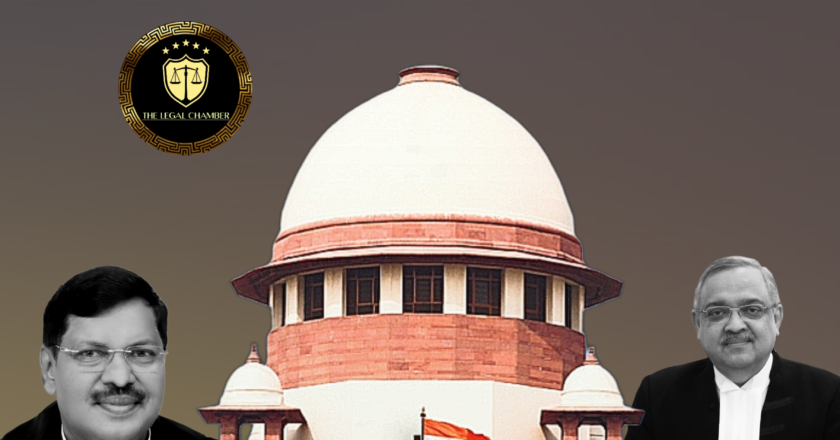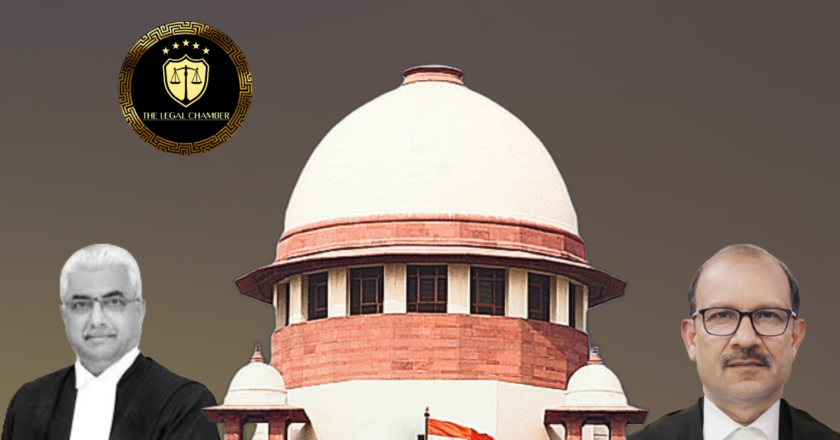Supreme Court Explains When It Can’t Be Trusted :Dying Declaration Sole Basis for Conviction?
This Supreme Court judgment underscores the indispensable procedural safeguards for a fair trial, particularly the right to effective legal representation. It reiterates that a conviction based solely on a dying declaration requires the court to be fully satisfied of its voluntariness, truthfulness, and that the deceased was in a fit state of mind. The ruling emphasizes that such a declaration cannot form the basis for conviction if it suffers from grave infirmities, such as the lack of a fitness certification from an identified doctor and the recording officer's failure to note his own satisfaction regarding the declarant's condition.
Facts Of The Case:
On March 31, 2012, Munish Kumar and his brother Amit were returning to their village by car when they were intercepted by two other veh...





